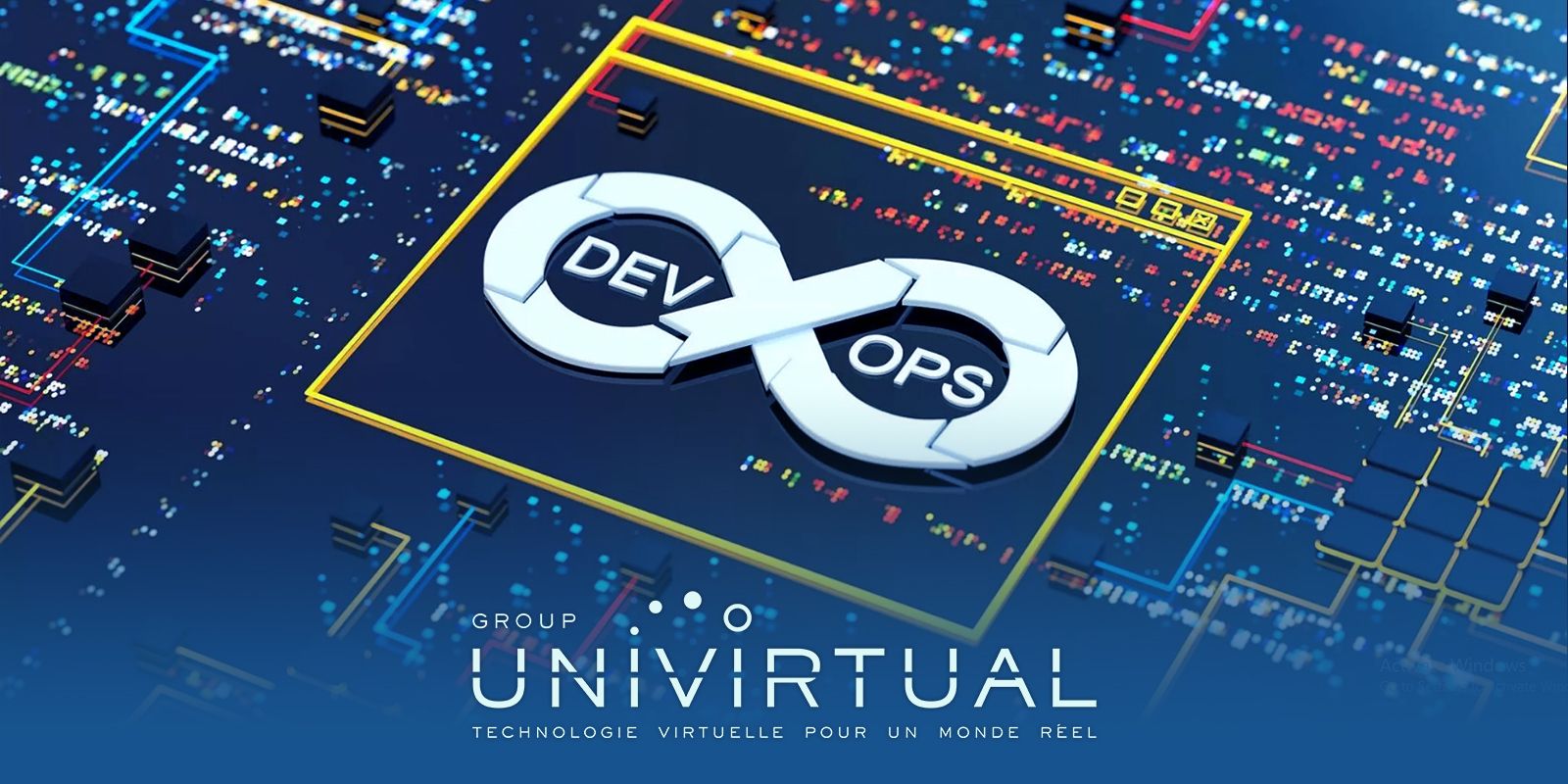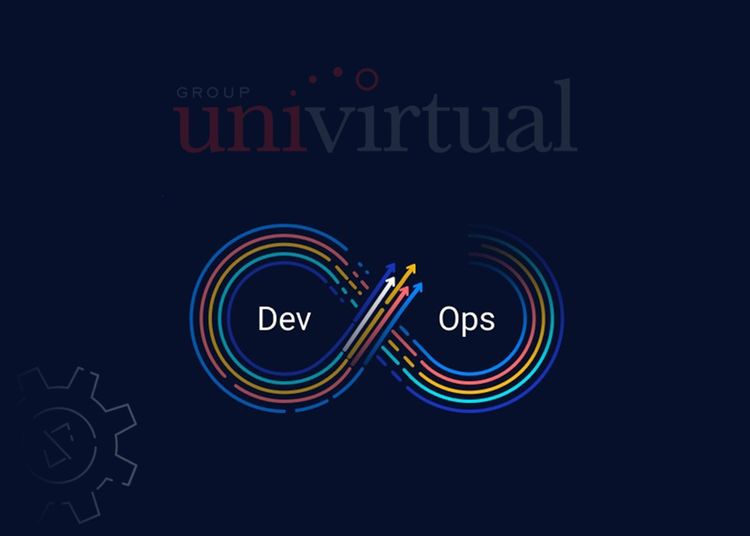Published on 11/22/2024 by Alexandra SCHERRER
Last updated : 11/7/2025
Why Your DevOps Infrastructure Might Fail – and How to Succeed
Adopting a DevOps infrastructure is now essential for companies that want to remain competitive. By combining automated processes with advanced tools like Kubernetes and GitLab, it accelerates delivery, reduces costs, and enhances team collaboration.
However, setting up a DevOps infrastructure is not without challenges. If poorly implemented, it can lead to inefficiencies, high costs, or even costly failures. This article identifies common mistakes in building a DevOps infrastructure and offers solutions to avoid them, based on UNIVIRTUAL’s hands-on experience.
Why Some DevOps Infrastructures Fail
Lack of Collaboration Between Teams
DevOps is all about collaboration between development and operations teams. Yet in many companies, these teams still work in silos, with separate goals and disconnected tools.
Consequences:
- Delays in software updates
- Unreliable deployments, increasing outage risks
Example: An e-commerce company faced prolonged downtime during updates due to misaligned configurations between dev and production environments.
Solution: Use platforms like GitLab to centralize code, tasks, and automation, ensuring teams work together on a shared pipeline.
Underestimating Automation
One of DevOps’ main promises is reducing manual effort through automation. Still, some companies rely on manual testing or deployment, increasing human error.
Consequences:
- Longer delivery cycles
- Compromised code quality
Example: A SaaS startup used to spend a full week testing updates. With automated pipelines using Kubernetes and GitLab CI/CD, it cut this down to a few hours.
Solution: Kubernetes combined with CI/CD pipelines enables fast and reliable deployments, freeing up teams to focus on high-value tasks.
Ignoring Infrastructure as Code (IaC)
Manually managing complex infrastructures is risky. Without adopting IaC, companies face inconsistencies, outdated configurations, and scalability issues.
Consequences:
- Slower, error-prone deployments
- Difficult scaling
Example: A financial services company adopted Terraform to manage Kubernetes clusters, achieving standardization and quick deployments in minutes instead of days.
Solution: IaC automates infrastructure provisioning in a reliable, scalable way—especially powerful when combined with Kubernetes.
Overcoming Technical Challenges
Managing Containers and Orchestration
Containers (e.g., Docker) help package apps and dependencies. But managing many containers manually is overwhelming.
Solution: Kubernetes – It orchestrates container clusters, ensuring scalability, availability, and security.
Example: A streaming platform switched to Kubernetes for hundreds of containers, achieving high availability even during peak traffic and reducing downtime.
The Importance of DevSecOps
Security is often overlooked in the race to deploy faster, exposing businesses to critical risks.
Solution: Integrate security scans directly into CI/CD pipelines and leverage Kubernetes' isolation features for added protection.
Keys to a Successful DevOps Infrastructure
- Promote collaboration: unify workflows using tools like GitLab
- Automate key processes: implement CI/CD pipelines
- Adopt scalable solutions: Kubernetes is the standard for modern infrastructure
Why Partner with UNIVIRTUAL?
Proven Expertise
With over 25 years of experience, UNIVIRTUAL delivers custom solutions with Kubernetes, Docker, and GitLab integration.
Example: A healthcare company cut time-to-market by 40% with UNIVIRTUAL’s ready-to-use DevOps infrastructure.
End-to-End Support
From initial audit to ongoing optimization, UNIVIRTUAL supports you every step of the way.
Tangible Results
Clients report higher productivity, improved delivery quality, and reduced costs.

Conclusion
Building a successful DevOps infrastructure requires strategic choices and precise execution. Avoiding common pitfalls and leveraging tools like Kubernetes, Docker, and GitLab can help modernize your workflows and meet market demands.
UNIVIRTUAL is the ideal partner for your DevOps transformation. Contact us today and let’s accelerate your success.



